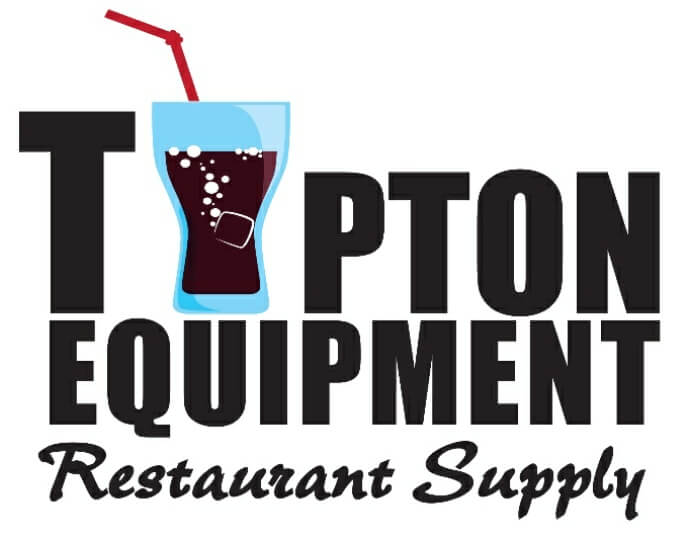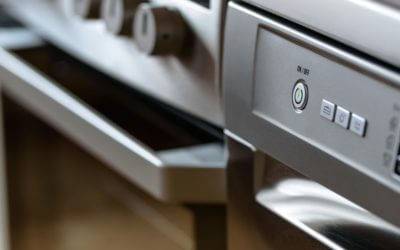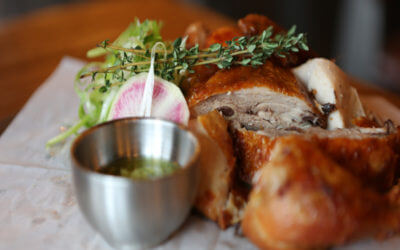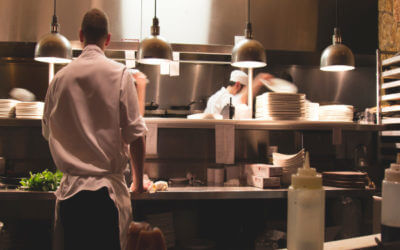Restaurant Equipment: How to Handle Gluten Allergies
August 14, 2018In the last five years, you’ve probably seen a dramatic increase in the number of restaurant customers you have that are avoiding gluten.
Some of them simply don’t like it, and others have a life-threatening reaction if they eat it. As a restaurant owner, you want to be able to accommodate your guests.
However, knowing how to properly choose and use restaurant equipment to handle gluten allergies can be a challenge. Here are some tips that can help.
Understand the Types of Gluten Concerns
When someone says, “Do you have anything gluten-free?” they can be asking for a wide variety of reasons.
Perhaps they simply believe gluten is bad for them. Or, they may have actual medical reactions to gluten that may be severe.
Here is a list of the different concerns people may have with gluten:
- Allergies: these range from mild to life-threatening. When someone’s immune system reacts to gluten, they can become very ill. This is the case for those with celiac disease.
- Intolerances: sometimes a food simply causes digestive problems. These folks avoid gluten because they don’t like how they feel when they eat it.
- Specific Diet: Many people are on a gluten-free diet either to treat illness or to better their health.
It’s not particularly important why your guests request gluten-free. What is important is that your staff take it seriously. It could be a life-or-death issue, and too many restaurants make light of it.
As you create routines for special requests, it’s helpful to choose restaurant equipment and processes as if everyone who requests gluten-free has celiac disease. This way, you can keep your guests safe while respecting their privacy.
Creating Gluten-Free Dishes For Your Menu
The easiest way to handle frequent requests for gluten-free food is to have specific dishes already on your menu that don’t use those ingredients.
You will probably want to use specific restaurant equipment to prepare these dishes, as gluten can cross contaminate if the pan was used for another sauce or dish.
Remember, gluten-free means free, as in none. For those with celiac disease, a concentration of even 20 ppm in gluten can make them very ill for days.
As you create gluten-free dishes, scrutinize every ingredient. It’s amazing how many things have wheat or other gluten-containing compound added to them that you would never expect.
Have Gluten Free Adaptations For Normal Dishes
Some restaurants don’t have the space to keep a wide range of gluten-free dishes on the menu, especially if those items are not moving quickly each day.
Instead, you can have a way to adapt your usual dishes for a gluten-free request. Again, restaurant equipment is vital – you cannot afford to cross contaminate, and you will likely need a new small batch of whatever sauce, seasoning, or gravy is used.
Prepare your adaptations in advance and train your staff in how to create them. You can look over your menu to see which items are easiest to convert. Again, be careful of ingredients – even a spice mix may have gluten-containing ingredients added.
Have the Right Restaurant Equipment to Handle Allergies
Gluten allergies are not the only special request you’ll come across. That’s why it’s helpful to have specific, clean restaurant equipment set aside to handle allergy requests.
You can prevent cross-contamination without slowing down your kitchen if you have the equipment you need. Are you looking for a new set? We’d love to help. Contact us today for a quote!
5 Things Every Restaurant Owner Should Do Before Buying Used Kitchen Equipment
Equipping your restaurant properly can cost a lot of money, so buying used kitchen equipment is the go-to choice for many restaurateurs. Buying used kitchen equipment for a restaurant is a bit different than buying used equipment for your home, however. You will...
Top Restaurant Technology Trends in 2018
When looking to buy restaurant supplies, you want to be on the leading edge of technology trends. This will keep your kitchen running smoothly. Let’s take a look at some of the most recent trends in restaurant supplies technology. 1. New Payment Options Who would...
5 Different Ice Shapes and Why You Should Care About Them
Ice makers are very popular in the restaurant and foodservice community because they eliminate the need to buy ice every day. And of course, adding an ice maker to your collection of foodservice equipment means you will always have ice on hand when you need it. An...
Pulping and Grinding: A Starter’s Guide to Reducing Commercial Food Waste Costs
For most restaurant owners and managers, the expenses involved in making meals are always under careful consideration. Water is needed to prepare, cook and wash food; power is necessary for food prep, cooking and cooling, and so on. However, how many of us consider...
Choosing the Right Milk Cooler: Cold Wall or Forced Air?
In a restaurant, milk is an essential to have on hand for coffee and other café-style beverages, for serving with kids’ meals, and as a key ingredient in many recipes. Keeping your milk properly chilled can be difficult without the proper restaurant equipment....
How to Choose Your Next Commercial Meat Smoker
The movies that connect with us on a personal level are the ones that linger in our memories forever. Anyone who has used a commercial meat smoker knows that they have a huge influence on the taste of a meal. You need to have just the right kitchen equipment to get a...
Are High Speed Ovens Too Good to be True?
You might have heard a few of the bold claims that foodservice equipment manufacturers have been making about high speed ovens, but they can’t be possible, right? Cooking three times as faster as regular ovens? Five times as fast? Fifteen times as fast? It may seem...
Choosing the Right Food Storage Containers for Your Restaurant
Choosing the right kitchen supplies will make a difference in your restaurant. Whether it is heavy duty kitchen equipment or food storage containers, each piece of equipment plays its own important role. Today, we are going to talk about how to choose the right food...
Tipton’s Guide to Perfect Poultry Trussing
Do you ever truss birds in your commercial kitchen? Trussing is a fantastic cooking technique because it makes poultry cook faster, look more attractive and taste better. If your commercial kitchen prepares poultry, you don’t want to miss these trussing tips. Trussing...
How to Eliminate Excess Condensation in Your Kitchen
Is your commercial kitchen getting steamy? If so, you could have more than just an uncomfortable working environment on your hands. Excess moisture in your commercial kitchen can result in the corrosion of equipment, the development of mold, and even damage to your...
The DIY Guide to Your Restaurant’s Own Garden
Stocking your restaurant supply with your own home-grown herbs and produce can truly bring your dishes to life. When it comes to food, everyone knows there’s nothing like homemade and home-grown. Having your own culinary garden, however large or small, can help you...
5 Reasons a Meat Grinder Will Set Your Burgers Apart
The more you do to prepare your foods in-house with the right kitchen equipment, the fresher and more flavorful your dishes become. There are all sorts of restaurants offering fast-food style burgers, but some diners are looking for the real deal. A fresh, juicy...
Pest Preventions to Implement in Your Commercial Kitchen
Restaurant pests: it’s something that few people want to think about. Like it or not, pest management is an essential consideration for every commercial kitchen. Offering food, shelter and water, the unprepared commercial kitchen naturally provides everything pests...
Choosing the Right Material for Your Cooking Equipment
Kitchens are very unique to their chef. Just like a car mechanic has a toolbox unique to them, so is the cooking equipment in a kitchen. And over time, the same cooking equipment become a natural extension of the chef. What tools are you using in your kitchen? It...
Kitchen Hacks for Your Home
Some people are naturally good at certain skills. We all know someone who is naturally book smart, athletic, or musically inclined. What makes you jealous of them is how easy they make tasks seem compared to you. One skill might be cooking. Your dream may not be...















